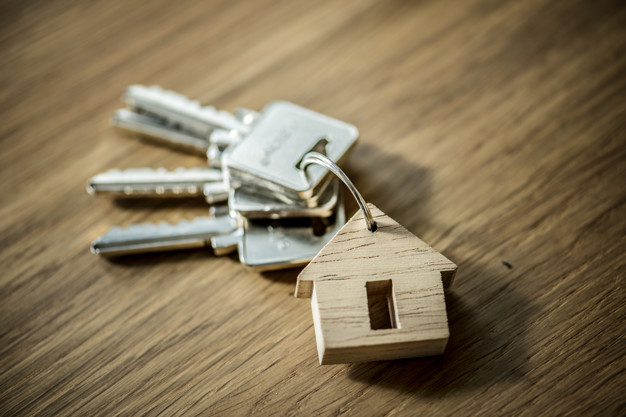Many of us have had the dream of owning a home. However, buying a house is one of the biggest purchases we will ever make. It’s a huge financial commitment. As a first time buyer, you may wonder what’s the smarter move, buying or renting?
It may come as a surprise that buying a house isn’t always the smartest move financially. It can be, but there are several different factors to consider when deciding if buying or renting a home is the best financial decision for you and your family. The answer to the buy vs. rent question is very personal, and will really depend on your situation, so the best way to make this decision is to talk to your financial advisor.
1. How long will you live in the home?
If you believe you’ve found your “dream home” that you’ll live in for many years, buying could be the smart choice. As you make mortgage payments month after month, you build up equity in the home over time, and a home can be a significant asset. And obviously, rent payments don’t allow you to build any home equity.
So, if you plan to live in the home for many years, then that might indicate that buying is a good financial move. Be careful about the recurring idea of a home as an asset with the idea of a home as an investment, though. A home isn’t always the best investment but is usually one of the people’s biggest assets.
But, if you’re not sure how long you’ll live in the home or if you know you’ll only live there for a short period of time renting could be a better idea. For shorter-term situations, renting affords more flexibility. Selling a house can be quite the process, and it’s never guaranteed to wrap up quickly. If you’re renting and plan to move within the short-term, you’ll be nimbler and not beholden to the housing market.
A good idea is to consider buying a home if you believe you’ll live there for at least six years.
2. How much liquid cash do you have for a down payment?
You will usually have to make a down payment at closing when you purchase a home. How much depends on the type of mortgage and your credit score. Many homebuyers try to make a down payment of at least 20% to avoid having to pay for private mortgage insurance or PMI.
The down payment can come from a savings or investment account, or you might be able to obtain funds from a family member. Most lenders require homebuyers to provide bank or investment statements indicating that they have enough liquid funds to cover the down payment.
A 20% down payment is often a pretty hefty sum of money, so planning for how to come up with the cash and where to keep it in preparation for your big purchase can be tricky. Should you keep your money invested in your long-term strategy until the last minute? Should you keep your funds in a savings account? A trusted financial advisor can help you answer these questions and plan for the logistics around your 20% down payment.
3. What kind of credit score do you have?
Your personal credit will be a major factor in whether you are approved for a mortgage loan and the interest rate you’ll pay. Therefore, it’s often a good idea to obtain a copy of your credit report or check your credit score if you’re considering buying a home. This will help you determine what (if anything) you should do to improve your score before applying for a mortgage.
A credit score of 700 or higher is generally considered excellent and will usually result in a mortgage loan approval at the lowest possible interest rate. A credit score in the 600s may or may not be approved for a conventional mortgage, depending on the lender.
4. How would a monthly mortgage payment compare to a rent payment?
You should determine the impact of buying vs. renting a home on your monthly cash flow to figure out how each option will impact your budget. In calculating the cost of buying, remember to add real estate taxes and homeowner’s insurance to your monthly expense. These are usually added to your monthly mortgage payment, held in escrow and paid annually by your mortgage servicer.
People generally think that a mortgage payment will be more expensive than rent, but that’s not always true. There are situations in which mortgage payments may actually be lower than rent payments. It all depends on what the housing market is like where you live.
Many real estate sites Kenya Homes will help you project what your monthly housing payment might be – it’s a good place to do some initial research on homes in your area in the price range you are considering.
Can you deduct mortgage interest and real estate taxes on your KRA income tax return?
The mortgage interest and real estate taxes you pay on a house you own could be tax-deductible, which decreases your effective mortgage interest rate, and could make buying a home more attractive than renting. In order to realize this benefit, you must itemize deductions on Schedule A when filing your KRA tax return.
But buying a house isn’t just a financial decision.
In addition to financial considerations, it’s also important to think about what will better suit your lifestyle as you weigh the buy vs. rent question. As a homeowner, you’ll be responsible for repairs and maintenance.
If you are handy around the house and enjoy projects like these, homeownership could be more attractive for you. But if you’d rather just pick up the phone and call a landlord to take care of these things, renting could be a better choice.














